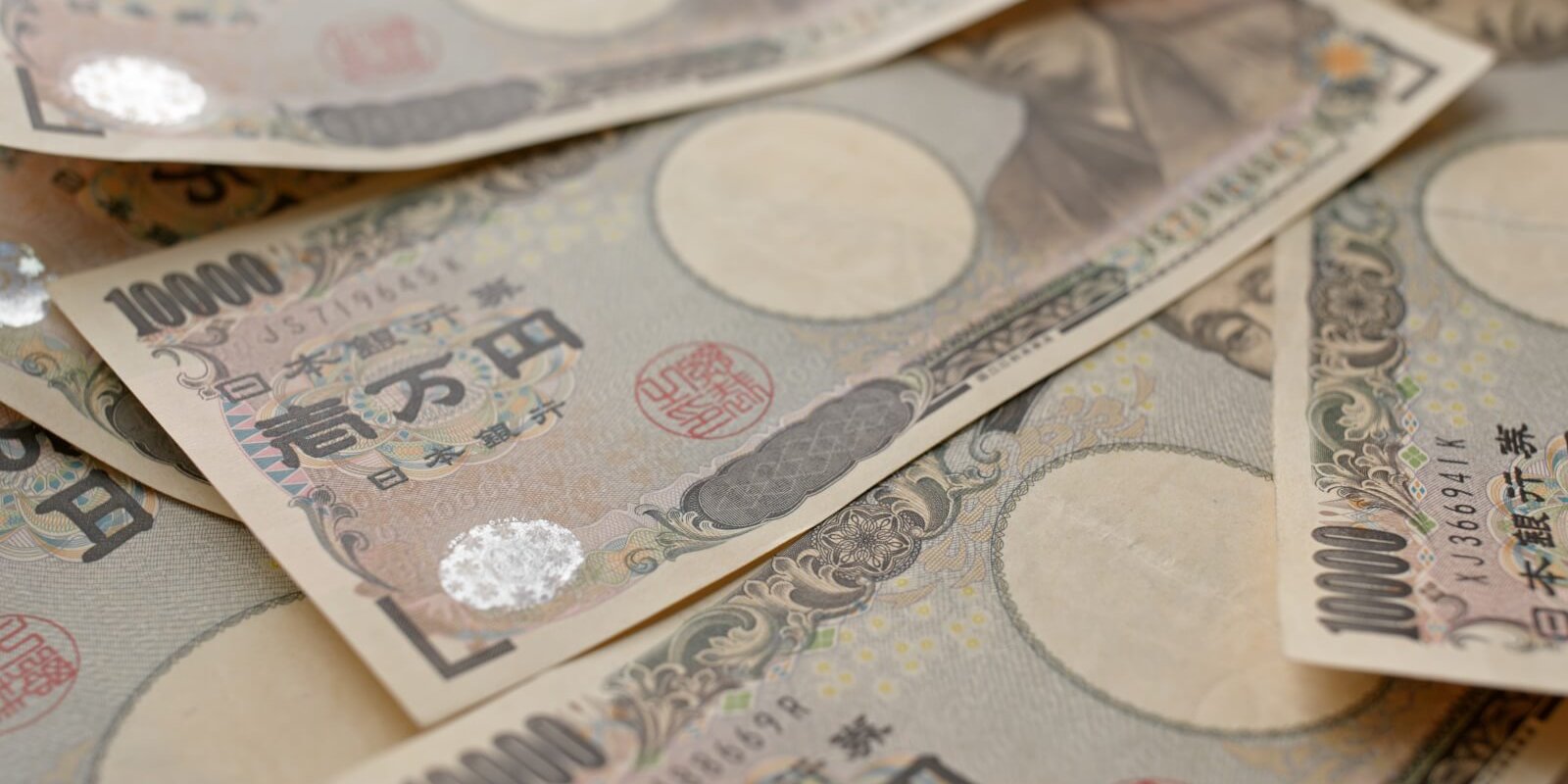Blog

Japan: The Epicenter of Retail Forex Trading
Forex trading is gaining popularity worldwide, but Japan remains the largest in active trading accounts. This article investigates why Japan's leading in the retail Forex trading market.
A Dense Retail Forex Trading Community
Japan is home to an exceedingly high number of retail Forex traders. The Financial Futures Association of Japan (FFAJ) reported that the country has millions of registered Forex accounts. This substantial trading community significantly contributes to the total Forex trading volume, placing Japan at the forefront of the retail Forex market.
But what has led to Japan housing such a large retail Forex trading community? There are several contributing factors, including a robust regulatory framework, cultural tendencies, the role of the Japanese yen in the global Forex market, the absence of many gambling options, the restrictive employment market, the cycle of Forex trading promotion, and the low-interest rates within the country.
Comprehensive Regulatory System
One major factor behind Japan's success in the retail Forex trading market is its extensive regulatory framework. The Japanese Financial Services Agency (JFSA) and the Financial Futures Association of Japan (FFAJ) effectively monitor the Forex trading market in the country, enforcing strict rules and guidelines. These include mandatory licensing for Forex brokers and capping leverage at 25:1 (one of the most restrictive globally). Such regulations instill a sense of security in the trading environment, encouraging participation from retail traders.

Cultural Influences and Restricted Gambling Options
Cultural tendencies in Japan play a significant role in the country's dominance in the retail Forex market. Known for their high saving rates, many Japanese have sought Forex trading for its potential for higher returns than traditional savings accounts. Moreover, most forms of gambling are outlawed in Japan. This has led many people to perceive Forex trading as an alternative, boosting trading volumes.
Additionally, Japan's job market, characterized by long working hours and limited personal autonomy, contributes to the allure of Forex trading. It provides an avenue for individuals to exercise greater control over their financial future. This sense of control is particularly attractive to those constrained by traditional employment structures.
Influence of the Japanese Yen and Low-Interest Rates
The Japanese Yen (JPY) is one of the most traded currencies in the Forex market, contributing substantially to Japan's retail Forex trading volume. The yen considered a 'safe-haven' currency, often becomes the go-to option for investors during market instability or volatility periods. This further bolsters trading volumes and, in turn, Japan's standing in the retail Forex market.
Furthermore, Japan has been dealing with persistent low-interest rates for years. This has prompted many Japanese investors to look for higher yields overseas, making them accustomed to Forex trading. They participate in what's known as 'carry trade,' where investors borrow in a low-interest-rate currency (like the JPY) and invest in a high-interest-rate currency. This strategy has further ingrained Forex trading in the investing culture of Japan.

The Cycle of Forex Trading Promotion
Lastly, the influence of numerous Forex companies promoting Forex trading has been significant. The extensive retail Forex trading community in Japan has enticed many companies to aggressively market Forex-related products and services. These companies invest heavily in promotional campaigns to attract new traders and retain the existing ones, creating a self-sustaining cycle: more promotion leads to more trading, which leads to more promotion.
Conclusion
Japan's ascension to the pinnacle of the retail Forex trading market is not coincidental. It is the culmination of a confluence of factors: a comprehensive regulatory framework, cultural inclinations, the role of the Japanese yen, the lack of gambling options, the structure of the job market, the cycle of Forex trading promotion, and the country's low-interest rates.
These elements provide important insights for other countries aspiring to grow their retail Forex markets. They underscore the importance of robust regulations, financial literacy, leveraging technology for accessibility, and the influence of cultural, societal, and economic factors on trading behaviors. Japan's experience illustrates that retail Forex trading can become a significant segment of a nation's financial market ecosystem with the right conditions and strategies.




